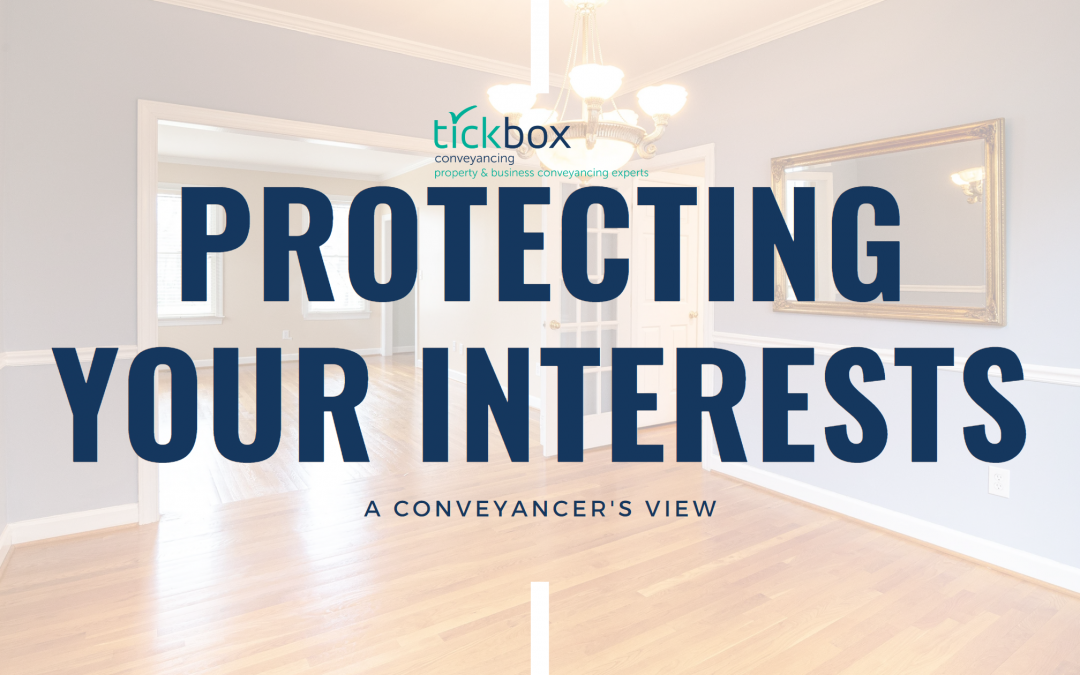Disclaimer: The information provided in this article is general in nature and should not be considered as legal advice. The article is intended for educational purposes only and should not be relied upon as a substitute for professional advice specific to your circumstances. It is recommended that readers seek independent legal advice before taking any action based on the information provided in this article. If you require assistance in finding a trusted Wills & Estates partner, Tick Box is happy to make a referral.
When it comes to estate conveyancing, there are many legal and financial considerations to take into account. One of the most important is ensuring that the person you are dealing with has the legal capacity to enter into the transaction. Failure to do so can result in serious legal and financial consequences, which is why it’s so important to have a solid understanding of capacity and its implications.
What is capacity?
Capacity is a legal term that refers to a person’s ability to make decisions for themselves.
In the context of conveyancing, it refers specifically to a person’s ability to understand the nature of the transaction being conducted, and to make decisions about it based on that understanding.
In general, the law presumes that every adult person has the capacity to make their own decisions, but there are certain circumstances where this may not be the case.
The importance of capacity in conveyancing
Capacity is a crucial consideration in conveyancing because failure to ensure that the person you are dealing with has the necessary capacity can have serious legal and financial consequences. If a person lacks capacity, any transaction they enter into may be voidable, meaning it can be set aside if it can be shown that the person did not have the necessary capacity to understand what they were agreeing to.
Capacity
Determining capacity is necessarily fact-sensitive, and there is no one-size-fits-all approach.
However, there are some basic rules of thumb that conveyancing practitioners can follow. For example, clients should always be interviewed alone, and if an interpreter is required, they should ideally not be a family member. Non-leading questions should be asked, and instructions and answers should be carefully recorded in a file note saved on the client’s file. The client may need to provide a medical report.
Enduring Power of Attorney
An Enduring Power of Attorney is a legal document that allows a person to appoint someone (an attorney) to make decisions about personal and/or financial matters on their behalf.
The power endures or continues if and when the person is unable to make decisions for themselves. This can be a useful tool in ensuring that decisions are made in the person’s best interests if they lose capacity.
Manner of Holding
If a vendor passes away after the day of sale but before settlement and is a joint proprietor on title, the right of survivorship automatically transfers ownership to the surviving joint proprietor on title. If the vendor is the sole registered proprietor, a grant of representation is required from the Supreme Court Probate Office.
Death duty
Finally, it’s important to consider death duty when dealing with deceased estates.
Section 42 of the Duties Act 2000 provides exemptions for transfers of dutiable property from a deceased estate as long as the transfer is made pursuant to the last wishes of the deceased. However, there are evidentiary requirements that must be met, including providing a digital duties form, a copy of the grant of probate or letters of administration, and evidence of the market value of all properties at the date of transfer.
It’s important to keep in mind that estate conveyancing can be a complex process, and seeking qualified advice is essential to avoid costly mistakes.
At Tick Box Conveyancing, we have a team of experienced conveyancers who can help you navigate the process and ensure that your estate is settled according to your wishes. If you have any questions or concerns about estate conveyancing, please don’t hesitate to reach out to us. Our team is always available to help, and if we cannot provide you with the answers you need, we will refer you to a trusted Wills & Estates partner.


Recent Comments